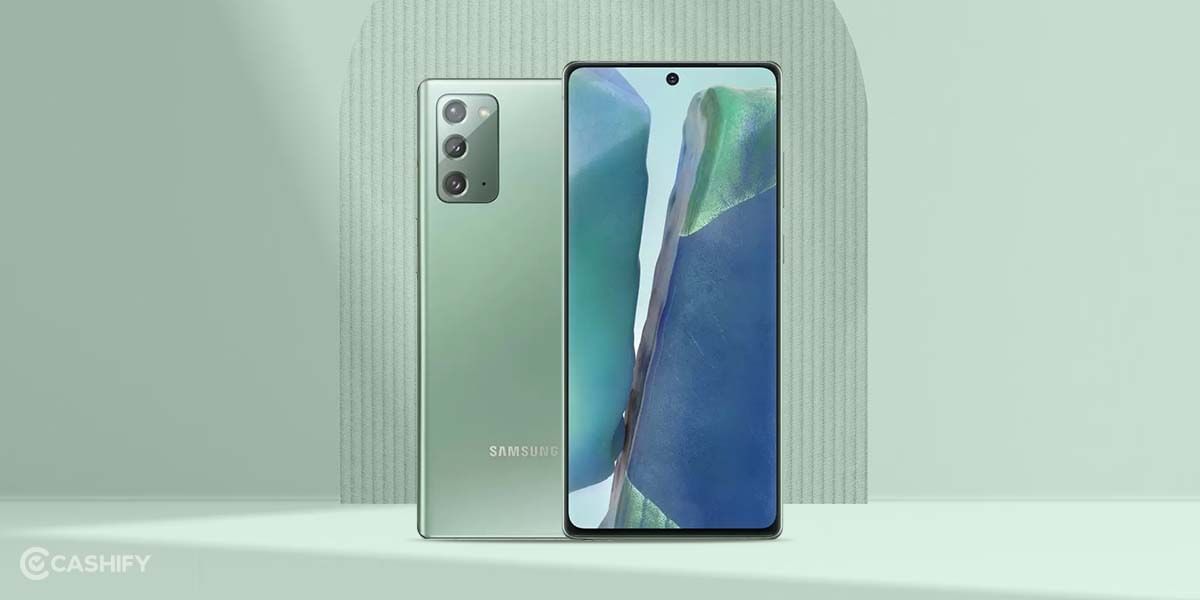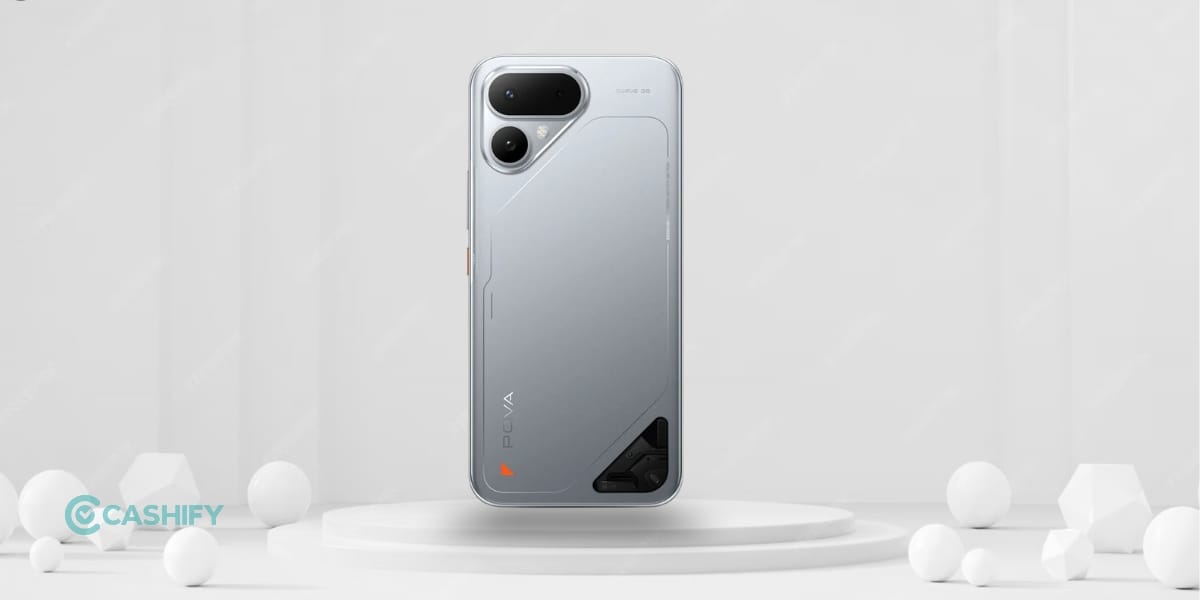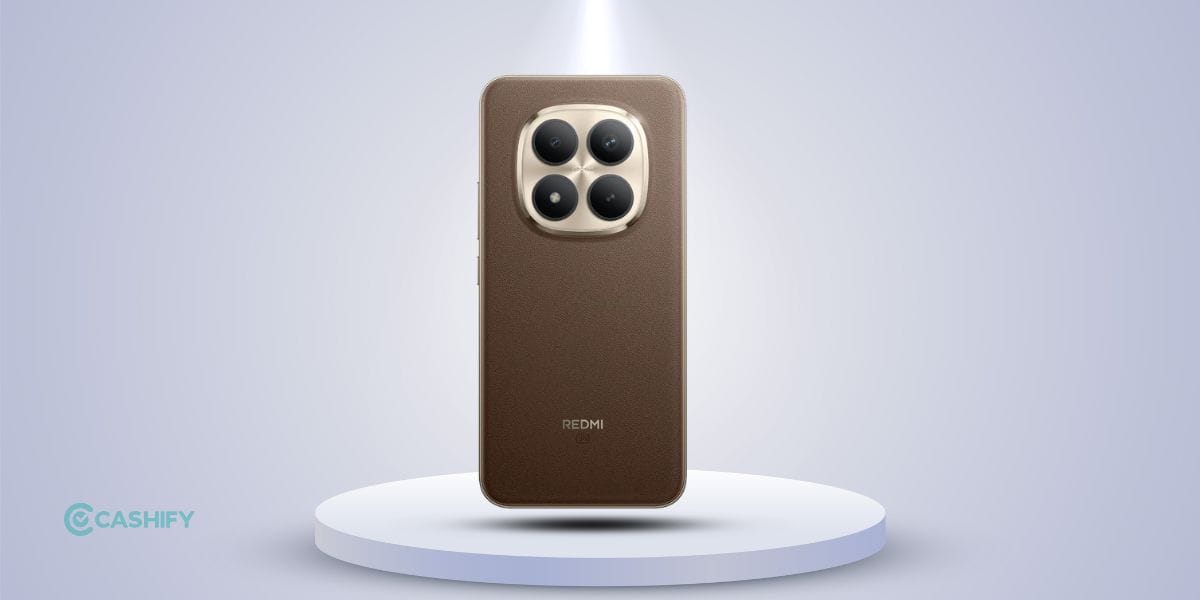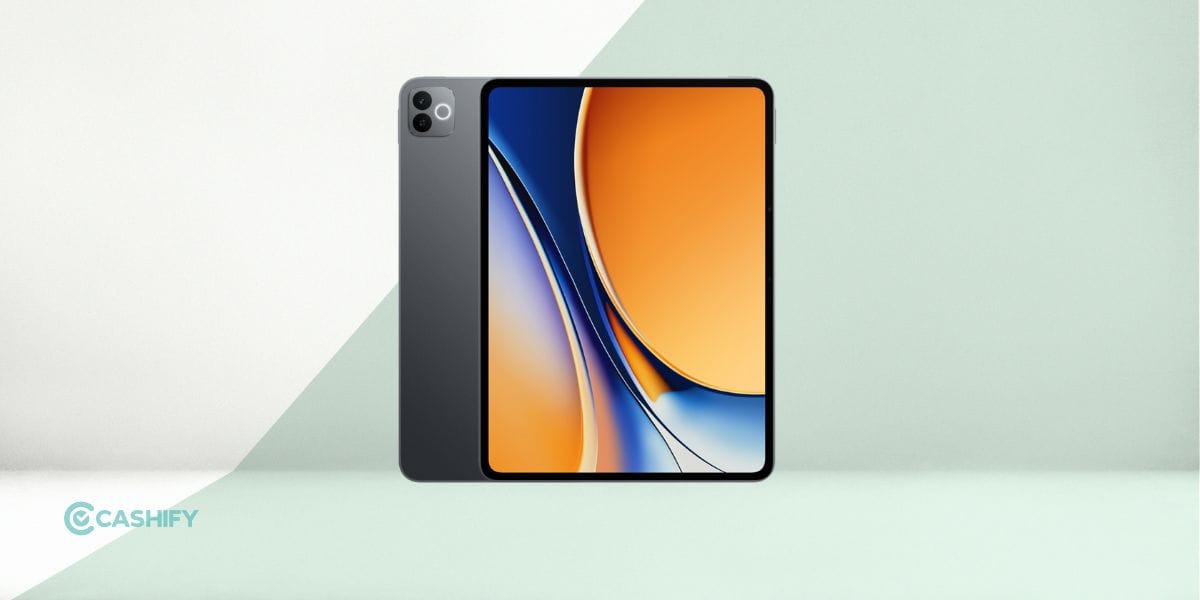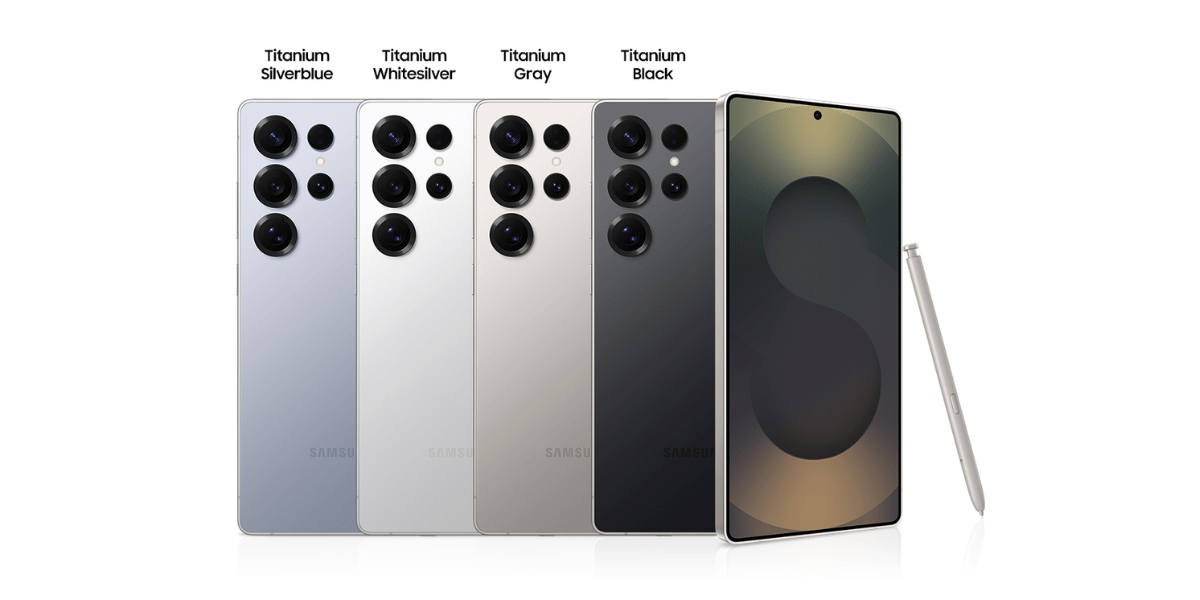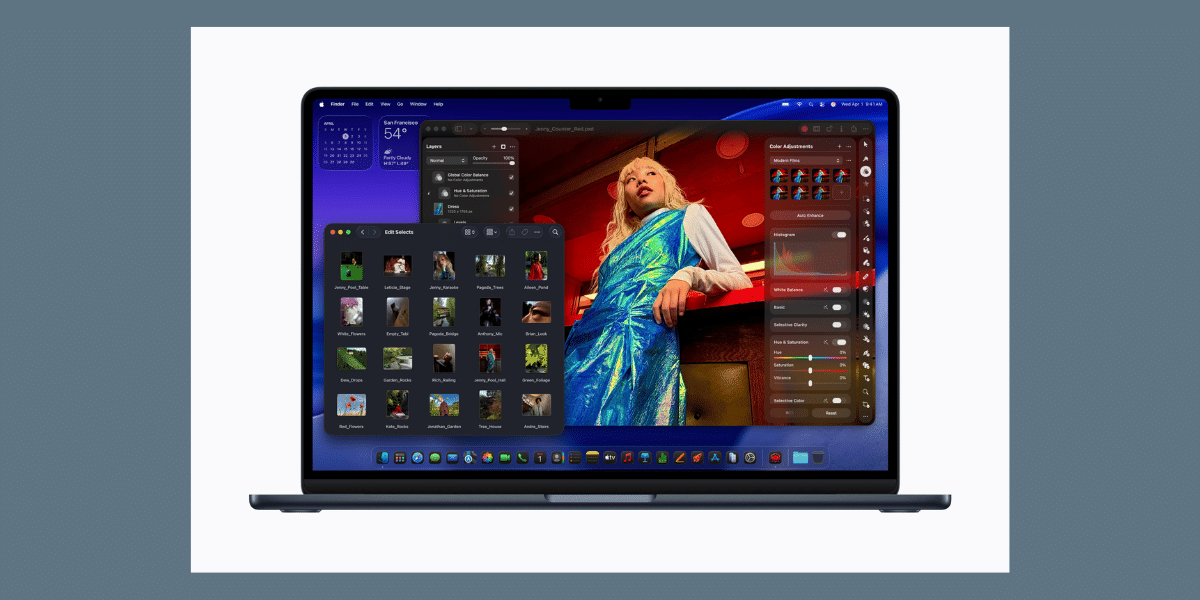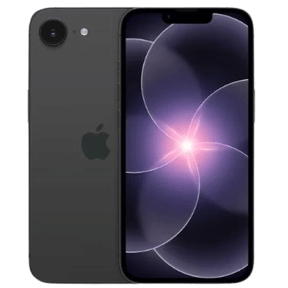For years, the landscape of technology has been dominated by devices reluctant to allow user interference. Many tech brands seemed to adopt the ‘Built not to be opened’ philosophy. iPhones, the crowning jewel of Apple, historically epitomised this approach, warding off DIY enthusiasts with their maze of intricate components. However, with the Apple iPhone 15 repair made easy, it’s clear that a renaissance in design thinking is underway in Cupertino.
Tracing the Evolution
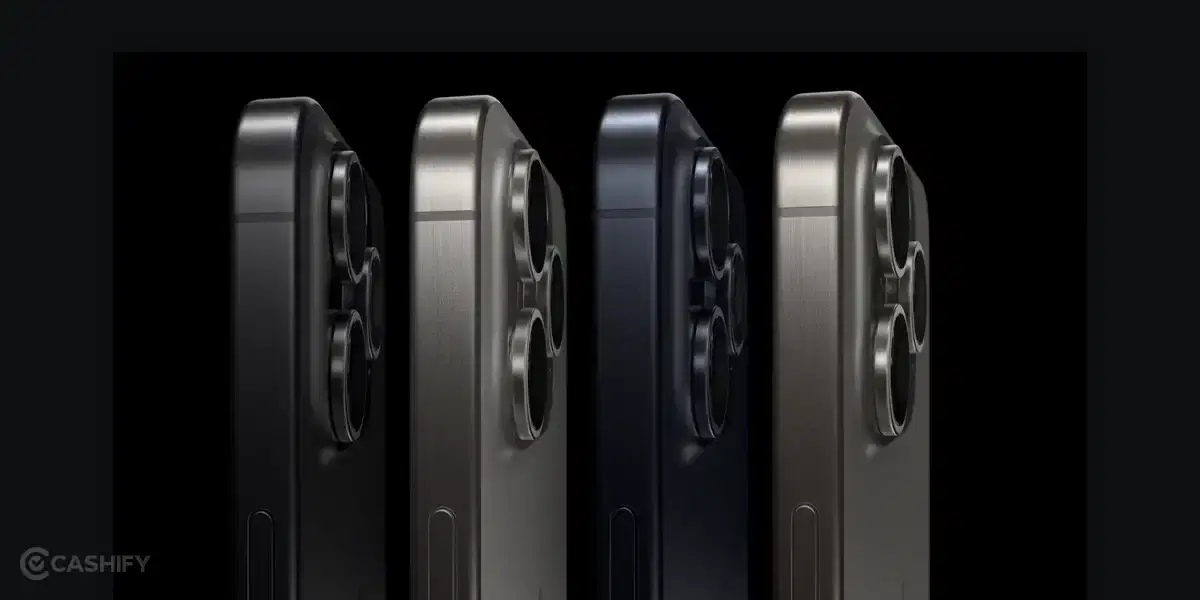
Understanding Apple’s shift in design requires a jaunt down memory lane. Preceding iPhones, particularly those before the iPhone 12, were infamous for their challenging repair processes. Engaging in tasks such as battery or screen replacement was akin to navigating a minefield, with the looming risk of voiding warranties or causing irreparable harm.
Also read: Apple iPhone 15 Pro Max vs Apple iPhone 14 Pro Max: What’s Best?
Introducing a Repair-Friendly Era
Leaping to the present day, the Apple iPhone 15 Pro and its larger sibling, the Apple iPhone 15 Pro Max, have not just grabbed attention for their high-tech prowess but notably for their groundbreaking approach to repairability. This shift isn’t sudden. The Apple iPhone 15 repair made easy mindset began with the iPhone 14 and its variants. The game-changer? This pro-repair mindset has now been integrated into the premium Pro versions.
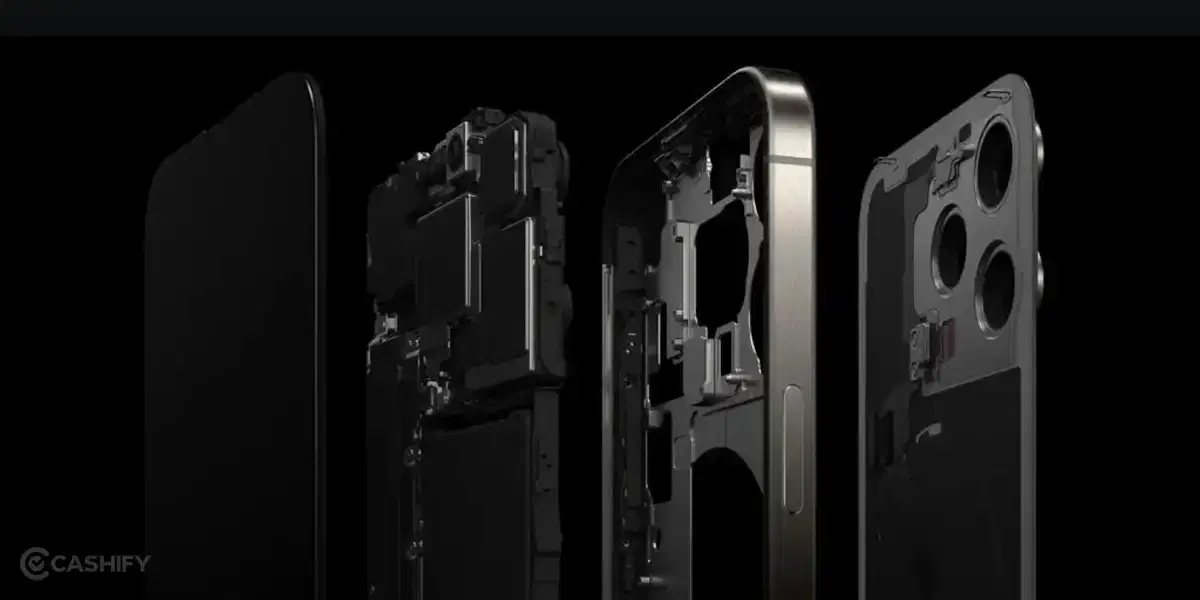
The revolution is rooted in the phone’s anatomy. Apple’s design overhaul enables the notoriously vulnerable back glass panel to be seamlessly detached and swapped. Given the fortress-like design of older models, this is indeed a watershed moment. The Apple iPhone 15 repair made easy ideology is evident here.
Also read: Apple iPhone 15 Pro vs Apple iPhone 14 Pro: Which Is Better?
Impact on Repair Costs
The monetary benefits of this design metamorphosis are conspicuous. For consumers without the AppleCare+ safety net, the prospect of back glass damage on iPhone 15 Pro models is less harrowing. As Apple’s US website illustrates, the repair fee for the iPhone 15 Pro’s back glass stands at $169, and $199 for the iPhone 15 Pro Max. Contrast this with the iPhone 14 Pro: repair costs soared to $499 or $549 for comparable damages, making the Apple iPhone 15 repair made easy a pocket-friendly revolution.
The Crux of the Glass Back
For tech novices, the question looms: why persist with a glass back? Why not transition to more resilient materials like the iPhone 15 Pro’s titanium body?
The electromagnetic intricacies of wireless charging provide the answer. Metal, despite its robustness, hampers wireless charging. Essential magnetic fields can’t permeate metal, making glass the perfect blend of aesthetics, function, and wireless charging, emphasising the importance of having the Apple iPhone 15 repair made easy.
Also read: Nothing Phone (2) Vs Apple iPhone 14: Which Is Better?
A Mixed Bag
Yet, amidst this celebratory atmosphere lies a tinge of disparity. This innovative, repair-friendly architecture is exclusive to the Pro models. The Apple iPhone 15 repair made easy ideology, it appears, hasn’t permeated the entirety of the lineup, carving out a repair echelon within Apple’s offerings.
iPhone’s History of Being Hard to Repair
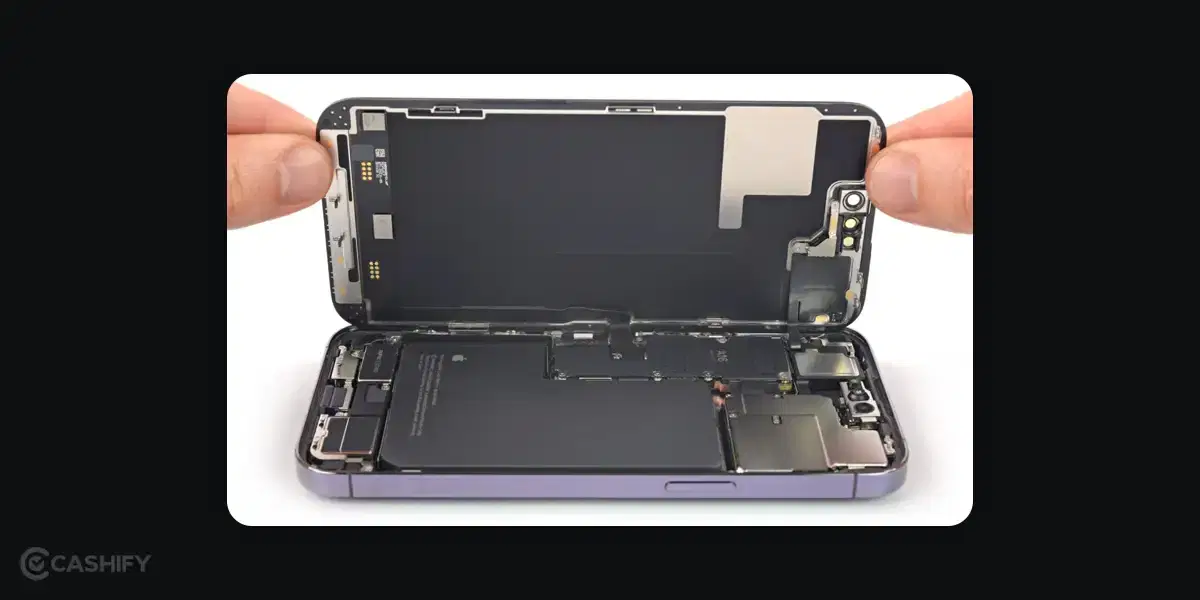
Since the inception of the iPhone in 2007, the devices quickly became notorious within the DIY and repair communities for their complex and often obstructive internal configurations. Here’s a deeper look at why iPhones have traditionally been so challenging to repair.
Also read: Apple Vision Pro: Apple Launches First-Ever VR Headset
Proprietary Screws
One of the initial barriers encountered when attempting to open up an iPhone has been the proprietary Pentalobe screws. These unique screws, introduced with the iPhone 4, required specialised tools, making it difficult for the average user or even some repair shops to access the internals of the device.
Integrated Components
Many iPhone components have been soldered directly onto the logic board, including RAM and storage. This means that upgrading or replacing individual components, which might be straightforward in other devices, becomes an intricate process in iPhones, often requiring complete board replacements.
Fused Displays
In its quest for slimmer devices, Apple started fusing the front glass, touch screen, and LCD. This made screen replacements more expensive and complicated, as even a minor crack on the front glass necessitated the replacement of the entire assembly.
Broader Landscape of Smartphone Repairability
In the vast ecosystem of smartphones, repairability has always been a touchy subject. As technology has advanced, many manufacturers, enticed by sleek designs and tighter integrations, have often prioritised form over function. This left many consumers with little choice but to shell out hefty sums for repairs or prematurely replace devices altogether.
Also read: iPhone 15 Pro Max Camera: A Major Boost You Cannot Miss!
The Environmental Implications
Beyond the obvious financial implications for consumers, there’s a significant environmental impact to consider. Every smartphone that’s prematurely discarded contributes to e-waste, a mounting global concern. According to the Global E-Waste Monitor, 53.6 million metric tons of e-waste was generated globally in 2019, with discarded smartphones being a notable contributor. By not facilitating easy repairs, manufacturers indirectly push for more frequent device replacements, further fueling this crisis.
The Right to Repair Movement
Recognising these implications, there has been a global push towards the “Right to Repair” movement. This campaign urges for legislation that would require manufacturers to provide consumers and third-party repair shops with the necessary tools, parts, and information to fix their devices.
Not only would this reduce repair costs and promote device longevity, but it would also be a monumental stride towards sustainability. A few regions, like the European Union and certain US states, have even started drafting laws to make this a reality.
Manufacturers Taking Note
It’s heartening to see some manufacturers, like Apple with its iPhone 15 Pro, taking steps towards improved repairability. However, the journey is far from over. As consumers become more informed and vocal about their right to repair, the hope is that more smartphone giants will heed the call, leading to an industry-wide shift. After all, in an era defined by rapid technological advancements, it’s imperative that innovation doesn’t come at the cost of sustainability or consumer rights.
Summary
The shift to a more repairable iPhone is undeniably a commendable stride, especially in a world pushing for sustainability and reduced e-waste. It’s a nod to the tinkerers, the DIY repair enthusiasts, and those simply looking for a longer device lifespan without emptying their pockets. Apple’s iPhone 15 Pro might be heralding not just a new age of superior tech but also a more considerate, user-centric era.
Unlock the value of your old smartphone with ease. With Cashify, not only can you declutter, but also fetch the best prices for your old mobile phone. Turn yesterday’s tech into today’s cash, seamlessly.








